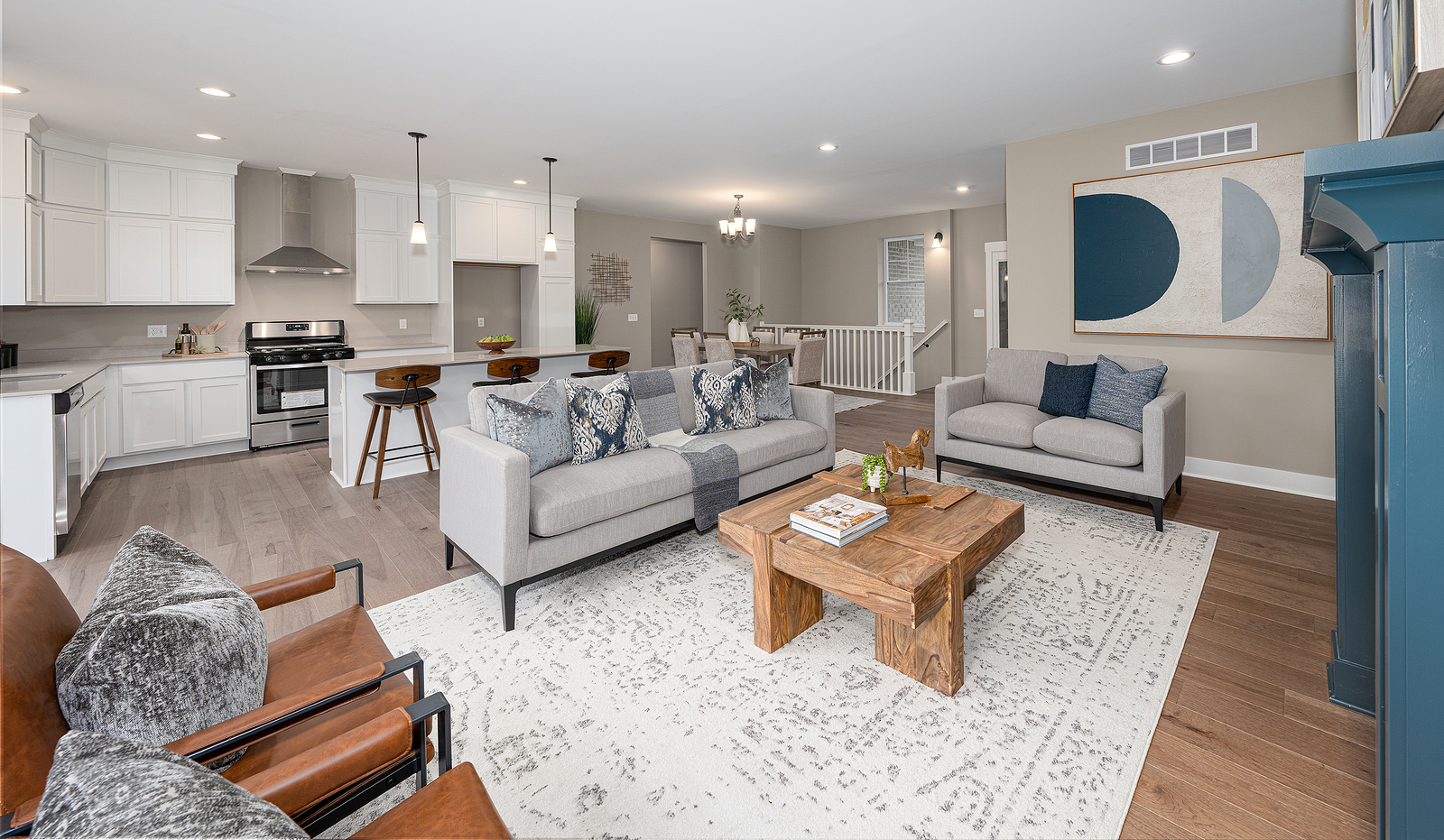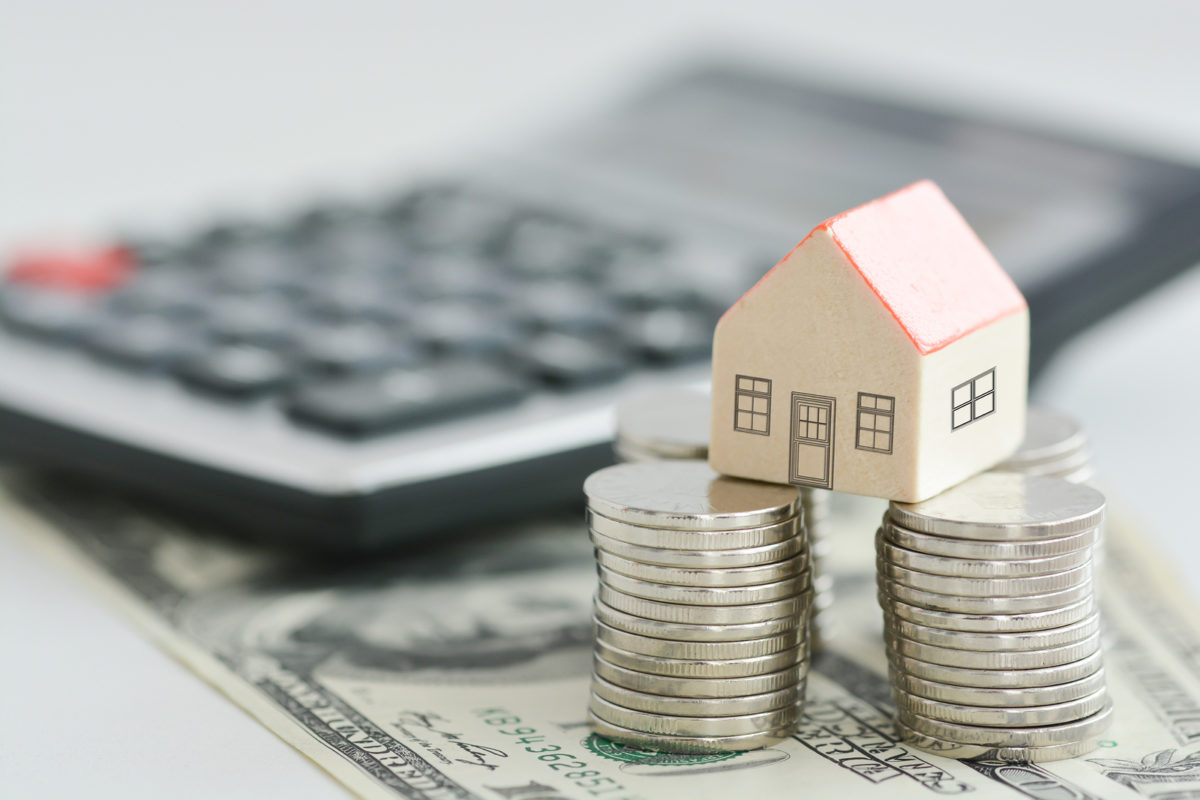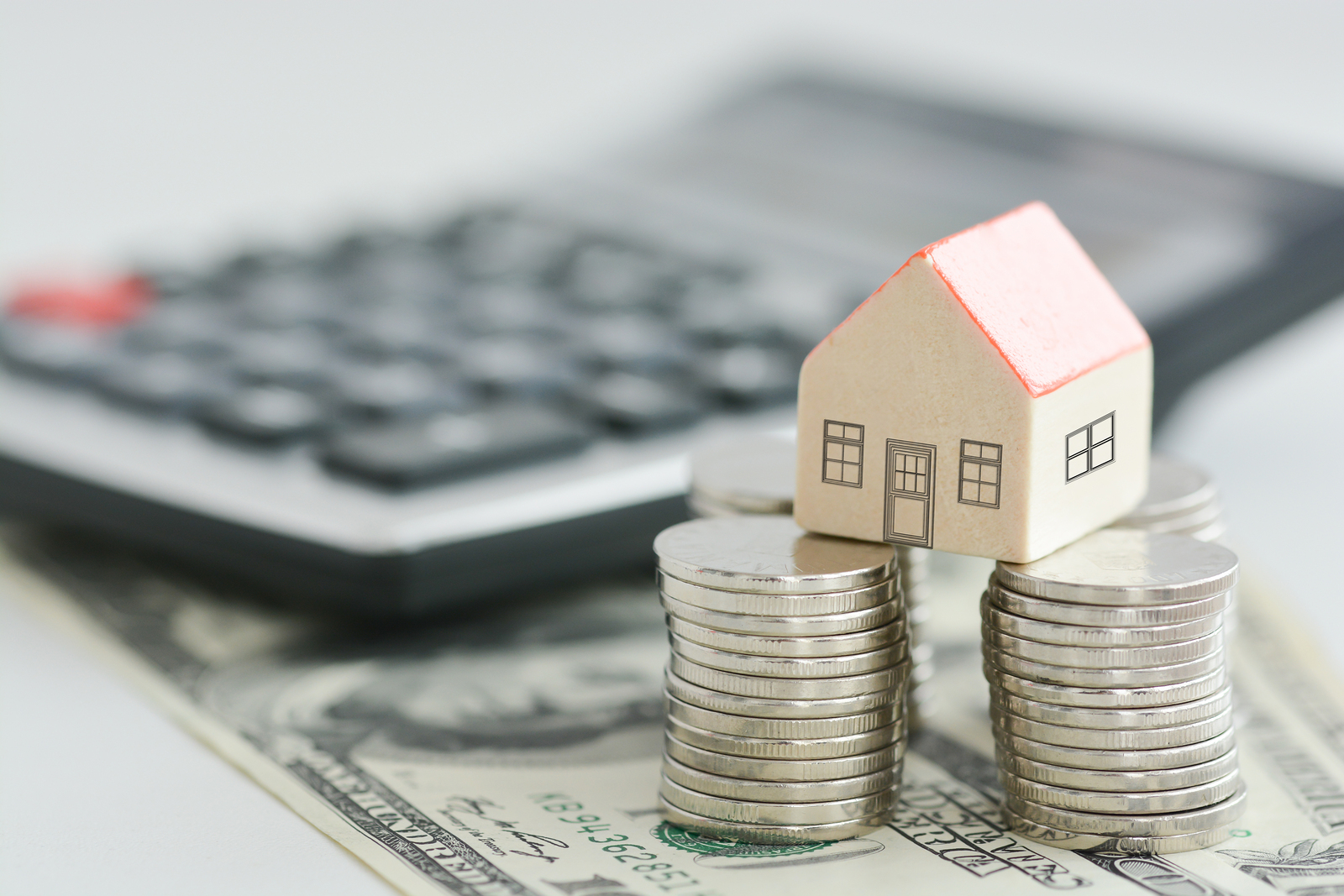Selling a home can be a thrilling yet challenging experience. One proven strategy to attract more buyers and secure top-dollar offers is home staging. By creating a welcoming and visually appealing space, you can highlight your property’s best features and make it irresistible to potential buyers. In this blog, we’ll share practical home staging tips to help you sell faster and maximize your profit.
Why Home Staging Matters
Home staging goes beyond cleaning and decluttering; it’s about showcasing a lifestyle. According to the National Association of Realtors (NAR), staged homes sell 73% faster than non-staged homes and often for a higher price. By helping buyers envision themselves in the space, you increase the emotional connection, which can lead to quicker and more competitive offers.
Declutter and Depersonalize
The first step in home staging is creating a clean slate for buyers. Clutter can make even spacious homes feel cramped and uninviting. Follow these tips:
- Remove personal items: Store family photos, memorabilia, and anything that could distract buyers.
- Organize storage spaces: Neatly arrange closets, cabinets, and pantries to showcase ample storage.
- Limit furniture: Keep only essential pieces to make rooms appear larger and more functional.
A clutter-free home feels bigger, brighter, and more attractive to buyers.
Enhance Curb Appeal
First impressions matter, and your home’s exterior sets the tone for buyer expectations. Enhance curb appeal with these simple steps:
- Freshen up landscaping: Mow the lawn, trim bushes, and plant seasonal flowers.
- Clean and repair: Power wash the driveway, clean windows, and fix any visible damage.
- Add inviting touches: Place a new doormat, update house numbers, or hang a wreath on the door.
A polished exterior entices buyers to explore what’s inside.
Optimize Lighting
Lighting plays a crucial role in how buyers perceive your home. Bright, well-lit spaces feel warm and inviting. Consider these lighting tips:
- Maximize natural light: Open curtains, clean windows, and use sheer coverings to let sunlight in.
- Layer lighting: Combine overhead lights, floor lamps, and table lamps for a balanced look.
- Update fixtures: Replace outdated or mismatched lighting fixtures for a modern feel.
Proper lighting can make your home feel more spacious and cheerful.
Highlight Key Rooms
Focus your staging efforts on the rooms that matter most to buyers: the living room, kitchen, and primary bedroom. Here’s how:
- Living Room: Arrange furniture to create a conversational flow and add cozy elements like throw pillows and blankets.
- Kitchen: Clear countertops, add a bowl of fresh fruit, and update hardware for a polished appearance.
- Primary Bedroom: Use neutral bedding, add bedside lamps, and keep the space tidy and serene.
These spaces have the most emotional impact on buyers, so make them shine.
Use Neutral Colors and Decor
Neutral tones appeal to the widest range of buyers. Stick to a palette of whites, grays, and beiges to create a clean and modern aesthetic. Incorporate subtle pops of color with accessories like pillows, rugs, or artwork to add personality without overwhelming the space.
Don’t Forget the Finishing Touches
The final details can leave a lasting impression. Try these finishing touches:
- Add fresh flowers: Place vases of fresh blooms in key areas for a touch of elegance.
- Use pleasant scents: Light candles or use subtle air fresheners to create an inviting aroma.
- Set the table: Arrange a simple dining table setting to help buyers envision hosting in the space.
Attention to detail can elevate your staging efforts and wow potential buyers.
Conclusion
Home staging is a powerful tool to help you sell your home faster and at a higher price. By decluttering, enhancing curb appeal, optimizing lighting, and focusing on key spaces, you can create a memorable experience for buyers. Remember, the goal is to help them envision your home as their future home. With these tips in mind, you’ll be well on your way to a successful sale.














